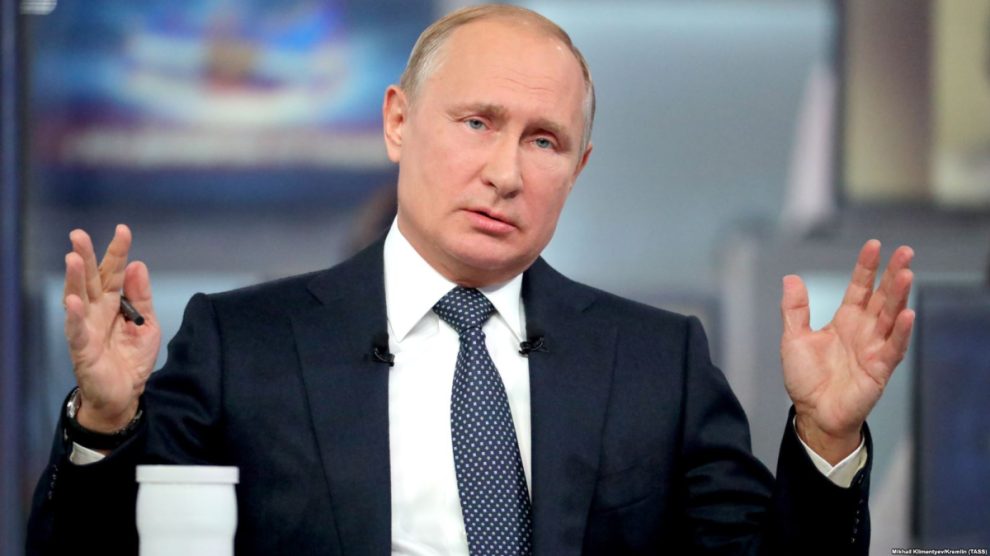Rome teeters, Moscow laughs. The government led by Mario Draghi is on the brink of collapse – and the Kremlin is celebrating.
- “We hope the next premier will not be subservient to US interests,” sneered Alexandra Zakharova, the spokeswoman of the Russian Ministry of Foreign Affairs.
- Former President Dmitri Medvedev, who’s now Security Council Deputy Chairman, posted a picture of Boris Johnson and Mario Draghi on Telegram styled as an epitaph, wondering what Western leader will come down next.
The expert’s take / 1. Decode39 reached out to Edward Lucas, a leading columnist for The Economist and The Times, vice president of the Center for European Policy Analysis and close connoisseur of the Kremlin’s chambers. “Political instability is what Putin is always looking for. But it is also what makes democracy such. There is one country that always remains stable; it’s called Russia. And we know why,” he commented.
- If PM Draghi goes, Italy’s support for the Ukrainian resistance will stand on shakier ground. However, a more pressing issue is Rome’s financial instability, as it risks becoming the epicentre of a quake that shakes the entire eurozone – thus creating a crack in the pro-Ukraine front.
- “Winter will be the real test. When a gas shortage impacts heating and European consumers face soaring costs, a window of opportunity will open for Moscow.”
- The expert also acknowledged the links between two Italian parties – the League and the Five Star Movement, which is responsible for the ongoing crisis – but he argued it’s hard for Russia to use it to its advantage.
- “The Kremlin’s relationship with European parties works at its best when the political situation is calm, as it allows them to work behind the scenes, out of the limelight. Right now, it would be harder for both to do anything about the Russian connection. Moreover, Italian public opinion is shifting: there’s significantly less leniency toward Russia.”
The expert’s take / 2. Edward Luttwak, American political scientist and strategist, former White House adviser, believes a snap election is “the only hygienic way to sanitise Italian democracy from a slice of political class that does not answer to Italy, but to a foreign power.”
- “Voting and the replacement of the ruling class can help in curbing the presence in the Italian parliament and institutions of a party, the Five Star Movement, that has become the mouthpiece of Russia’s interests while it invaded another European country,” he told our sister site Formiche.net.
The expert’s take / 3. Ian Bremmer, a political analyst and president of the Eurasia Group, noted while speaking to Repubblica that holding elections in the second half of the year would be a first in postwar Italian history – and it would be extremely destabilising.
- “The vote would undermine progress on reforms and jeopardise access to European funding, which is crucial for [Italy’s] economic outlook. It would likely delay the passage of the 2023 budget until next year and deprive the country of a fully functioning government at a time when the economy is under pressure and facing the worst energy crisis in living memory.”




